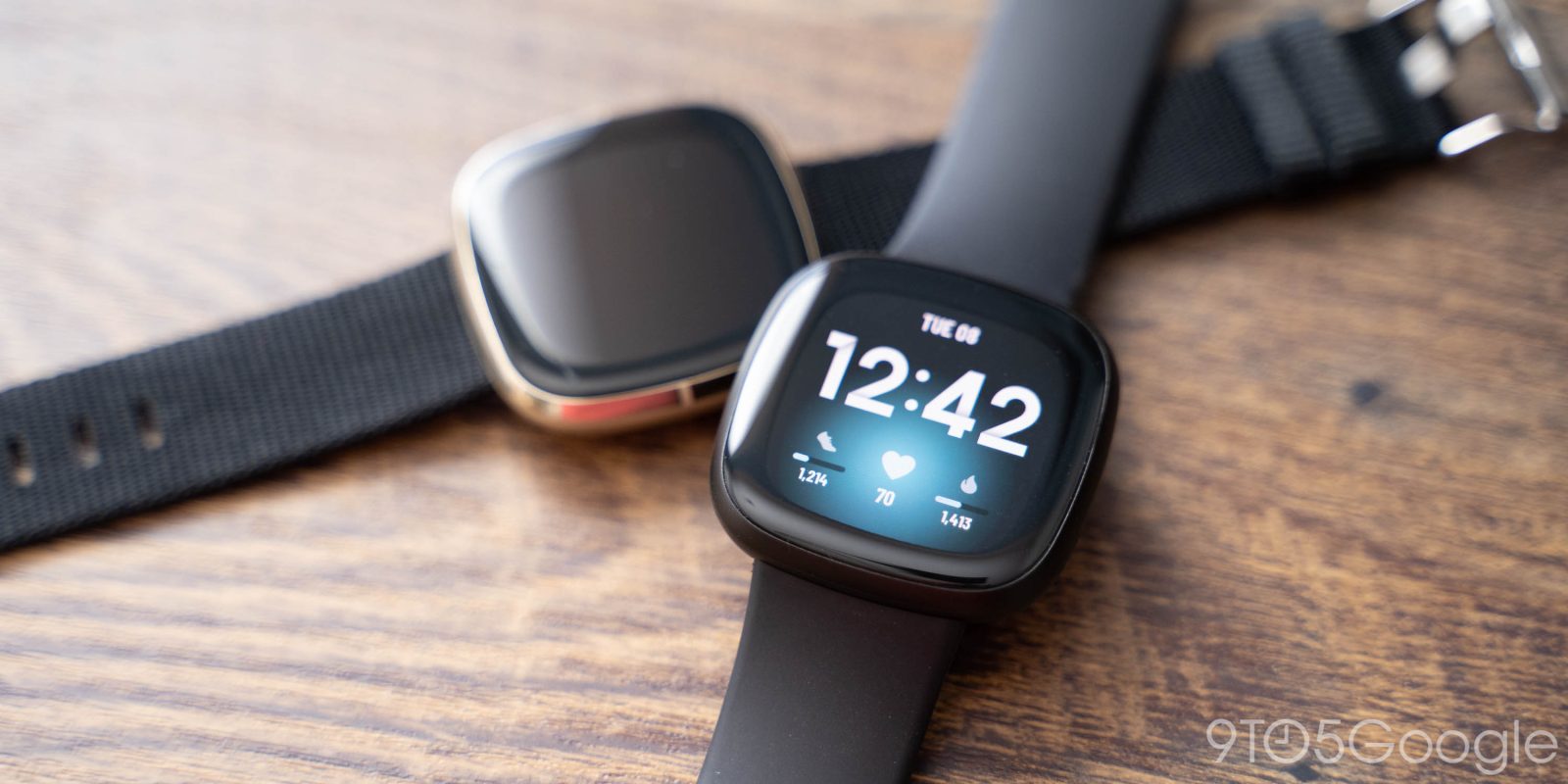
After over a year in the works, Google has finally won EU approval for its acquisition of Fitbit that was originally announced in late 2019, on just one major condition.
The EU concluded its months-long investigation of the Google/Fitbit deal today, announcing that the $2.1 billion deal was approved to move forward (via The Verge).
Over the course of this investigation, the EU and other parties raised concerns that Google would use the extraordinary amount of personalized health data that Fitbit generates to target advertisements to consumers. Despite Google’s multiple mentions that the deal was about “devices, not data,” the investigation continued on for months and continued to hinge on these concerns.
Now, the EU is giving its approval based on Google’s agreement not to use any Fitbit data — health, fitness, or GPS — gathered from any users in the European Economic Area for advertising. The approval also requires Google to keep a separation between Fitbit and other Google products. Users will have to be presented an option to approve or deny Google to use their Fitbit data to inform products such as Google Search or Maps. Google must also retain commitments to Fitbit’s Web API and Google’s Android API for at least 10 years to “foster competition.”
Margrethe Vestager, the European Commission executive vice president, said:
We can approve the proposed acquisition of Fitbit by Google because the commitments will ensure that the market for wearables and the nascent digital health space will remain open and competitive. The commitments will determine how Google can use the data collected for ad purposes, how interoperability between competing wearables and Android will be safeguarded and how users can continue to share health and fitness data, if they choose to.
Winning EU approval for its acquisition of Fitbit was perhaps Google’s biggest roadblock, but it’s not the final step. Before the deal can close, Google will still need to win approval from the Australian Competition & Consumer Commission which has also raised concerns recently regarding the data being used in advertising as well as Android retaining the same third-party wearable support following the deal’s closing.
When Google first announced its acquisition plans for Fitbit in 2019, the company pointed to the deal as a way to strengthen its wearable offerings with Wear OS as well as push toward its first Made by Google wearable. In the time since, Fitbit has continued to operate as its own company, releasing new fitness trackers and smartwatches as well as further software features.
More on Fitbit:
- Google buys Fitbit for $2.1 billion with ‘opportunity to invest even more in Wear OS’
- Hands-on: Google Assistant works better on Fitbit than most Wear OS watches
- Fitbit starts rolling out Google Assistant, voice-to-text, phone calls, auto-SpO2
FTC: We use income earning auto affiliate links. More.





Comments